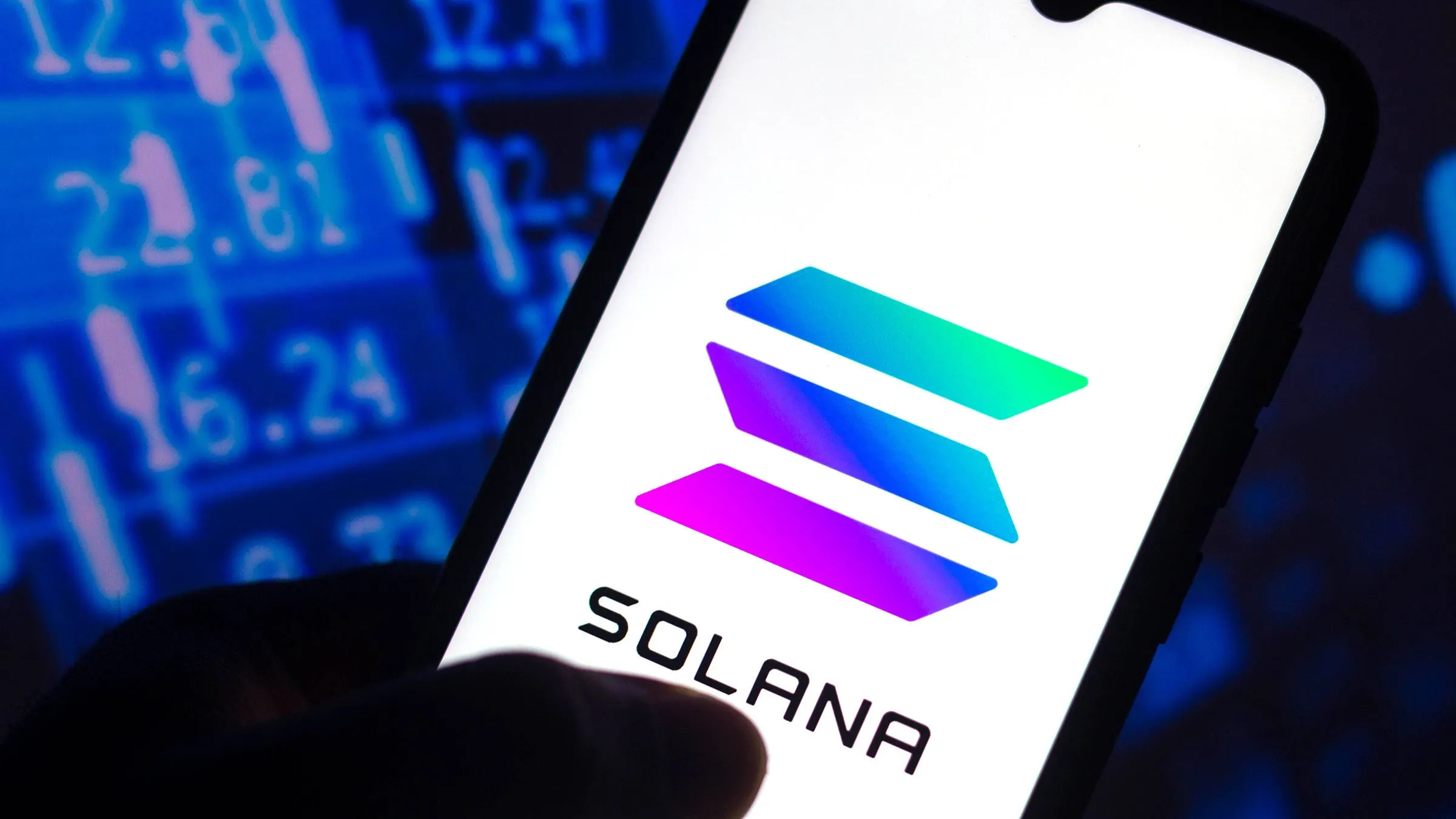In brief
- For each new validator added, three long-term validators with low external stake will exit.
- Research suggests 57% of Solana validators may fail without foundation delegation.
- Self-reliance among validators strengthens Solana's Nakamoto Coefficient.
The Solana Foundation is implementing a new validator onboarding and offboarding policy designed to increase network decentralization and reduce validator reliance on foundation support.
For every new validator joining the Solana Foundation Delegation Program (SFDP), three validators will be removed if they have been eligible for delegation for at least 18 months and have attracted less than 1,000 SOL in outside stake, according to Ben Hawkins, Head of Staking Ecosystem at the Solana Foundation.
Hawkins’ statement on Discord was shared on X by Mert Mumtaz, CEO of Helius. The initiative comes as Foundation-delegated stake has declined over the years.
EigenLayer’s head of special projects, known online as Kydo, raised the issue, citing data from Stakeview.
"While it is impressive to see that the Solana Foundation's control over the network has been on a decreasing trend since 2022 in terms of the percentage of active stake owned, it would be beneficial to have more visibility into the foundation's impact on the total number of validators,” Kydo told Decrypt. "Transparency improves our industry."
Kydo claimed in the post that most validators on the chain "only exist because the Solana Foundation "spawned" them," adding that these validators "get 90-100%" of their staking fund from Solana Foundation. "Without it, they'd collapse."
While the data presented is "a bit old," it reveals a gap in how Solana presents itself, Kydo suggests. "We only see the surface of reality, perception."
Responding to these, Max Resnick, lead economist at Solana-focused R&D firm Anza, claimed they are "in the process of slowly winding down" the SFDP.
"Many validators that are now self-sufficient started as SFDP recipients," Resnick said on X, responding to Kydo. "Validator count is a vanity metric and validators with epsilon stake actually hurt network performance," he claimed.
The Solana Foundation did not immediately return Decrypt's request for comment.
Research published by Helius in August 2024 estimated that if SFDP were immediately discontinued, approximately 57% of all Solana validators would "struggle to maintain profitable operations" as they couldn't cover operational costs, most of which are spent on voting fees.
Still, the move for self-reliance among validators is seen as bullish for Solana.
Self-reliance among validators strengthens Solana's Nakamoto Coefficient—a measure of decentralization—making it more resilient, as a higher coefficient indicates broader stake distribution among validators.
According to Helius, the network's coefficient in November 2024 was "frequently cited as 19," while acknowledging that it is likely to be lower.
Edited by Sebastian Sinclair

